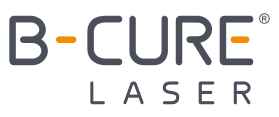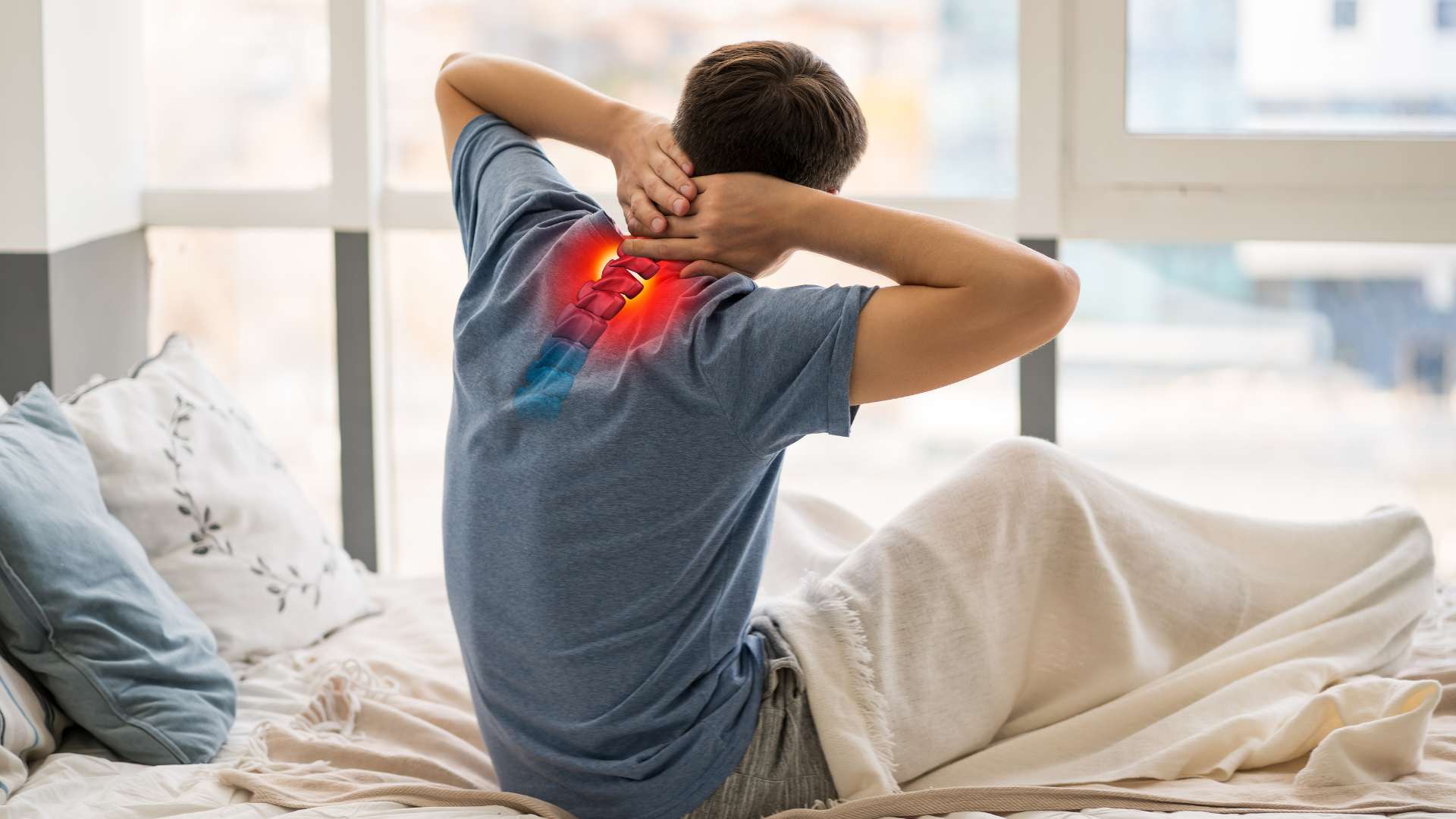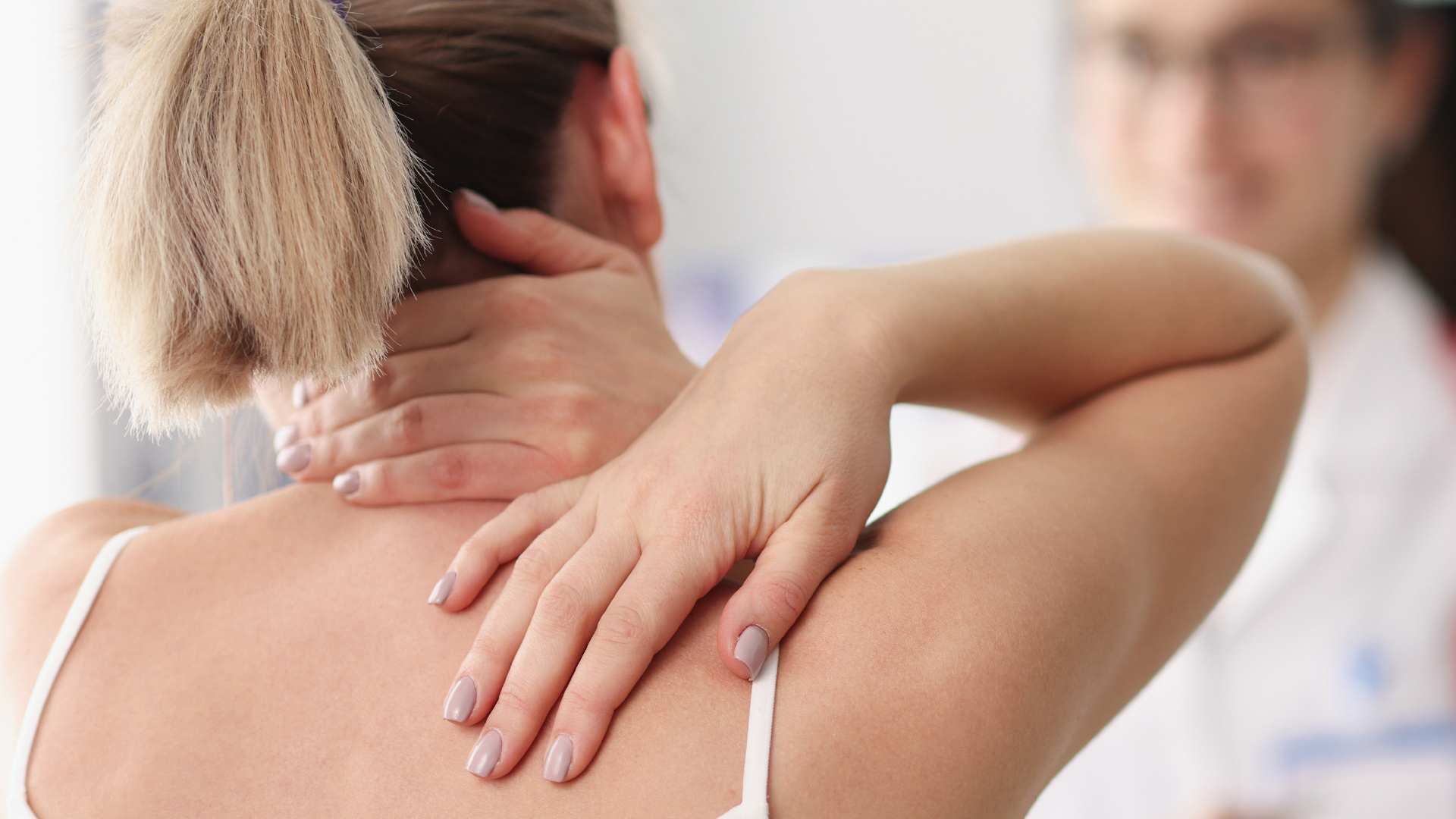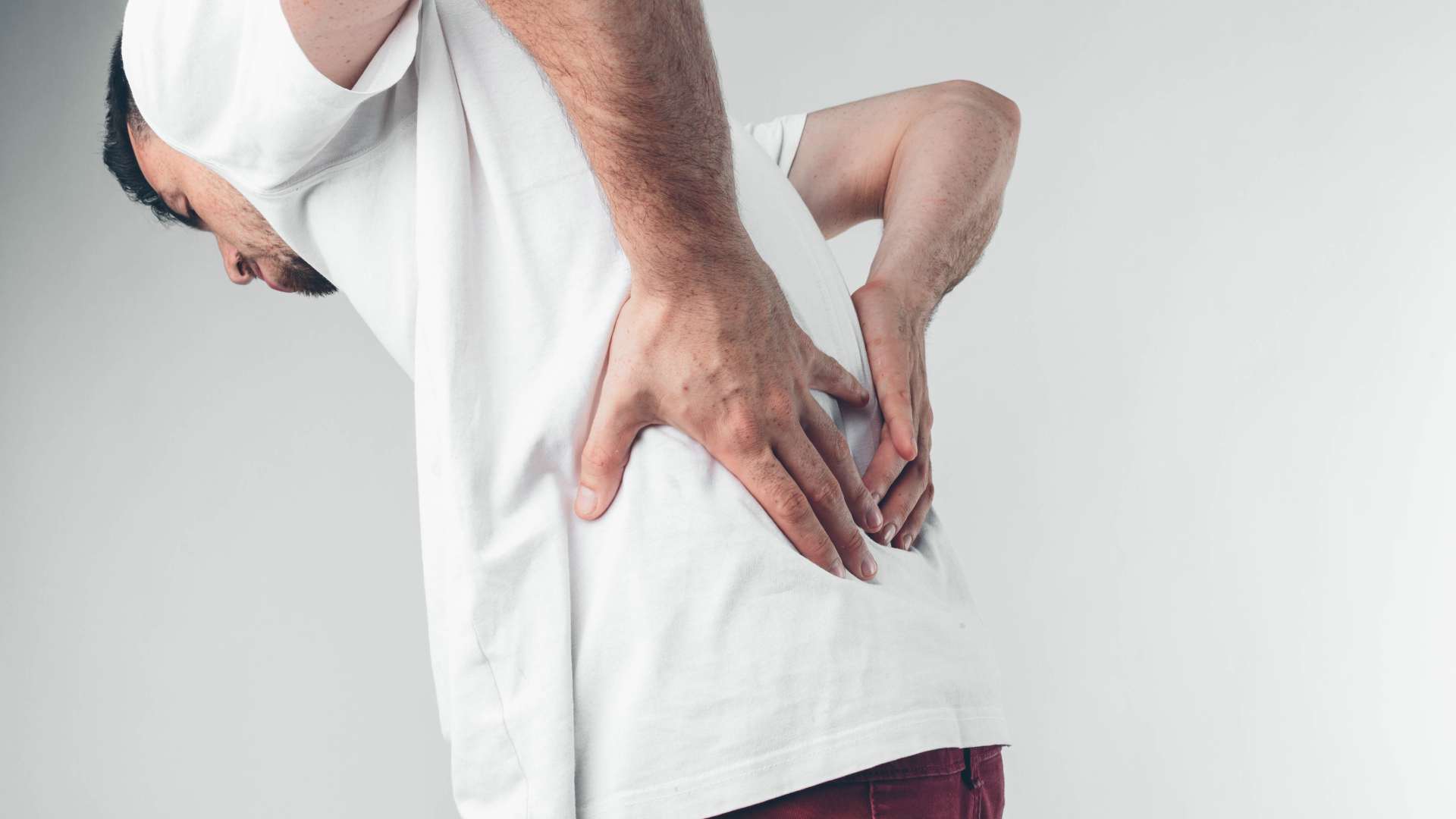Over 60% of the population suffer, or will suffer from back pain during their lifetime. This astonishing statistic is that around 40% of those enduring back pain, will also suffer from pain radiating down the leg. These pains are usually due to pressure on the sciatic nerve, often following a disc herniation or an overgrowth of bone (bone spur).
Introducing the device that beats pain in a natural, non-invasive way, without side effects, and most importantly – without needing to leave home.
Sciatica is the name given to a medical condition in which pain originating in the lower back radiates down the leg. Those who suffer from sciatica report shooting pains, which typically affect one side of the body, but can be felt on both sides simultaneously. Some patients also report numbness in the leg, lower back pain, and weakness. Around 90% of sciatica cases are caused by a herniated disc or bone spur, which creates pressure on the sciatic nerve.
Why does it hurt?
The sciatic nerve is the longest and thickest nerve in our body. The nerve begins in the lumbar area of the spine, (in the L4-L5 vertebral area), passes through the back of the pelvis, and splits to continue down through buttocks, thighs and knees, reaching to just above the foot. Due to the passage of the nerve from the lower back area to the legs, if pressure is created on the nerve, the sensation of pain may be radiated to the leg area and not confined to the back.
About 90% of sciatic nerve injuries are caused by a herniated disc. This is a condition in which the intervertebral disc tears and moves out of place. Naturally, this creates pressure on the nerve, which in turn begins a chain reaction that causes pain. In addition to a herniated disc or bone spur, there are other factors that can create pressure on the nerve and cause pain, including smoking, obesity, and pregnancy. As opposed to other types of pain like fibromyalgia or carpal tunnel syndrome, sciatic pain is more common in men than in women.
A small device – a great solution
The treatments currently offered for sciatica include analgesics, physical therapy, injections and sometimes even surgery. So, what would you say if you found out a device exists which can help you treat pain, in a natural non-invasive manner, with no known side effects and without leaving home?
We invite you to acquaint yourself with the device that for so many, has long been a must have in all homes – The B-Cure Laser. A professional medical device that’s CE approved for personal and home-use.
The B-Cure Laser is a revolutionary device, which is conquering the world and treating pain for over 250,000 patients. It brings low-level laser therapy (LLLT) technology, used globally for over 40 years in pain clinics, into your lounge. Using a unique patent, B-Cure Laser has harnessed soft laser at full power, into a small and convenient easy-to-operate device, that provides full LLLT treatment, in the comfort of your own home.
Matt Tebbutt, TV Presenter & Chef | “The one thing I’ve noticed is it takes the edge of the pain.”
The treatments currently available for sciatica include analgesics, physical therapy, injections and sometimes even surgery. So, what would you say if you found out a device exists which can help you treat pain, in a natural, non-invasive way, with no known side effects and without leaving home?
Cold laser? How does it work?
The treatment with the B-Cure Laser is very simple. All you have to do is place the device on the recommended treatment points according to the painful area. Use it for 6 minutes twice a day and you will be on the path to relieving your pain.
The cold laser beam that is emitted from the device penetrates through the tissues and triggers a biostimultion processes in the body. Among other things, the laser induces increased release of the hormone endorphin, which is responsible for relieving pain, increasing blood flow to the affected area and releasing nerve pressure. The benefit of cold laser treatment is that it is a non-invasive treatment – no foreign substance is introduced into the body, no tissue are damaged and the treatment has no known side effects.
What do the doctors say?
Prof. Reis, a senior orthopedic surgeon, recommends the B-Cure Laser as an effective primary treatment at home, for symptoms of pain and inflammation (such as back and knee pain) before and during administration of medication.
“In recent years, we are witnessing a great increase in awareness of this technology, and as evidence, the American Medical Association recommends laser treatment and the use of laser clinics has increased steadily. Normal life can be resumed.”




